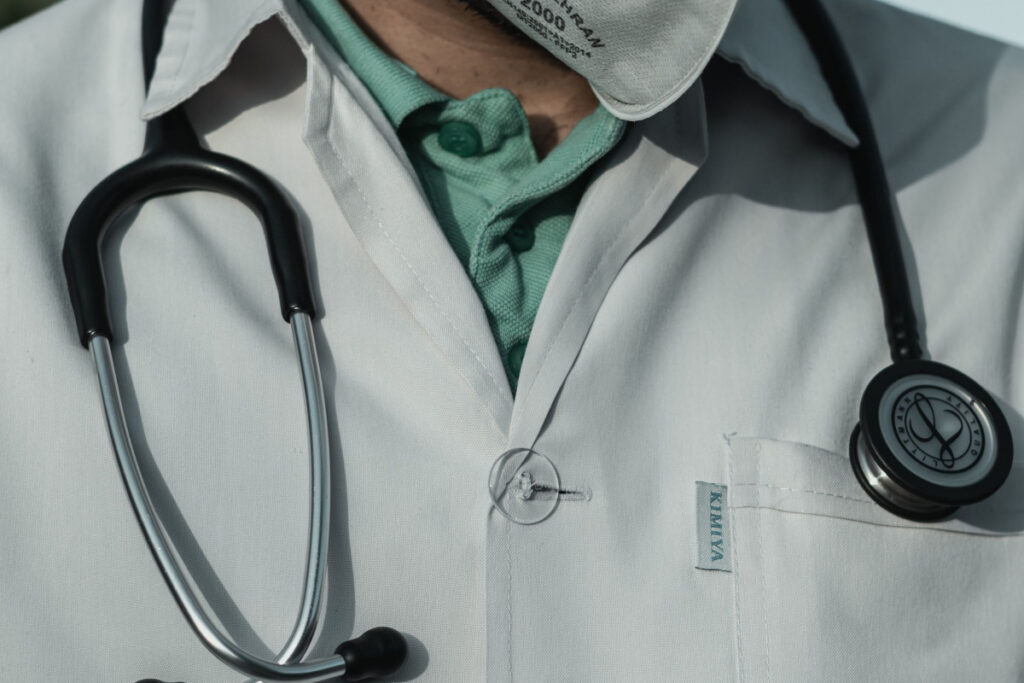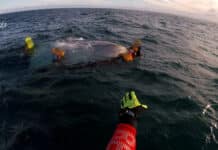
The next generation of doctors will be one step closer to achieving their career dreams with applications now open for CQUniversity’s new Bachelor of Medical Science (Pathway to Medicine) course.
The course is part of an Australian-first university and hospital partnership between CQUniversity, The University of Queensland, Central Queensland Hospital and Health Service and Wide Bay Hospital and Health service that will enable up to 40 doctors a year to be trained across Central Queensland and the Wide Bay.
Students will complete the three-year CQUniversity Bachelor of Medical Science (Pathway to Medicine) course with CQUniversity, before moving into UQ’s four-year MD program.
Dr Sonia Saluja, Head of Course for the CQUniversity Bachelor of Medical Science (Pathway to Medicine) explained that the opening of applications was an important milestone for the partnership and future of healthcare delivery in the Wide Bay.
“All partners have worked together extensively to design a pathway program that will be delivered in its entirety in Bundaberg and within health facilities in communities across the Wide Bay,” she said.
“We are extremely proud to offer this new course as it will allow us to play a crucial role in the education and training of the next generation of medical professionals in our region.
“Medical workforce shortages are commonplace in regional areas, and it is our vision to help overcome these critical skill shortages by nurturing and training doctors who will stay closer to home and work locally after graduation.”
Associate Professor Dr Riitta Partanen, Head of UQ Rural Clinical School (UQRCS) added that the pathway is set to improve the capacity for the regions to train their own medical professionals.
“The Regional Medical Pathway provides the Wide Bay region with the capacity to train their own medical professionals through the delivery of end-to-end medical education and training. The pathway apart from growing our own junior medical workforce, it also aims to secure the long-term retention of GP and non-GP specialists in the regions, so that communities can seek the health care they need closer to home,” Dr Partanen said,
“UQ is passionate about rural medical education, and ensuring equitable access to health care for regional, rural, and remote communities. We are proud to be partnering with CQUniversity, Central Queensland and Wide Bay Hospital and Health services to deliver this initiative.”
As part of the innovative medical training pathway, the Hospital and Health Services in Central Queensland and the Wide Bay will provide student placements, internship opportunities and postgraduate training places within their regional footprints. This will include major hospitals in Rockhampton, Gladstone and Emerald (CQHHS) and Bundaberg, Hervey Bay and Maryborough (WBHHS) as well as rural hospitals and multipurpose health services.
The hospitals will also continue to work with the nation’s specialist medical Colleges and the Australian Medical Council to extend their accredited specialist medical training pathways and enable them to provide more opportunities for senior doctors of the future.
Chief Executive of Wide Bay Hospital and Health Service, Debbie Carroll said the delivery of the course, starting from next year, was the first opportunity for aspiring Wide Bay and Central Queensland doctors to be trained in their own backyard.
“The pathway will improve accessibility for regionally based students, allowing them to study, train and practice in the regions they are from. For many students, having the support of their family, friends and the community they grew up in will aid their academic and professional success,” she said.
“This also helps us to provide greater continuity of care and deliver more high-quality care close to home, which makes a huge difference to our communities.”
Central Queensland Hospital and Health Service Chief Executive, Steve Williamson said that the imminent intake of the first cohort of students to the pathway meant that communities in Central Queensland and Wide Bay could now be more confident that future health workforces will be better equipped to deal with community growth and changing healthcare needs.
“The Central Queensland and Wide Bay regions are growing areas and the communities have an expectation that healthcare delivery will meet future demand,” Mr Williamson said.
“The Regional Medical Pathway has been specifically designed to secure long-term, locally trained workforces for the regions.”
The first intake of students to the CQUniversity Bachelor of Medical Science (Pathway to Medicine) course will commence in Term 1, 2022, with students progressing to the UQ MD program from 2025.
To be eligible to apply for the CQUniversity Bachelor of Medical Science (Pathway to Medicine) prospective students must be set to complete Year 12 in 2021 and must also complete the University Clinical Aptitude Test for Australia and New Zealand (UCAT ANZ) with a competitive aggregate score. Applicants will also need to complete a multiple mini interview (MMI) process as part of the application and admission process.
The first offers for the course will be released in December.
For more information about the course and how to apply please visit www.cqu.edu.au/courses/bachelor-of-medical-science-pathway-to-medicine.







